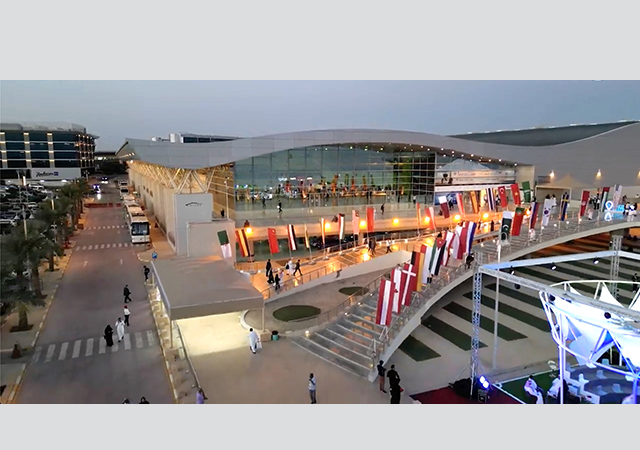
 The Sport City-Qatar Tower in Doha ... a Reynaers project.
The Sport City-Qatar Tower in Doha ... a Reynaers project.
With the highly prominent Sport City-Qatar Tower in Doha, Qatar, now marking a monumental success for Reynaers in the Middle East, the European aluminium systems supplier is highly upbeat about its prospects in the region.
“This is the largest project we have undertaken since we opened our regional office in Bahrain in July 2004 – and winning this prestigious deal within such a short span has proven the confidence our systems enjoy in the market,” says Ali Khalaf, managing director of Reynaers Middle East,
“The project has been a challenge for all those involved in it – more so because of its fast-track nature,” he adds.
Commenting on the project, he says: “We won the contract in January 2006 and by April we started supplying the project. The Sport City Tower is now externally complete and seeing it in its resplendent glory was indeed a wonderful experience.”
The 300-m-high Sport City Tower, which now stands as the tallest building in Qatar, is clad in a combination of glazing panels and architectural stainless steel mesh, accentuated by state-of-the-art façade lighting. This iconic structure is surmounted by an 8 to 10-m-high gas flame torch, representing the largest Olympic flame in history, which was lit during the Asian Games last month (December).
The mixed-use tower has a VIP lounge, ballroom and conference centre, and a five-star hotel accommodation. It also includes office suites, a health club with a cantilevered pool area, a self-contained presidential suite, a sports museum, a revolving restaurant, and a viewing deck.
“The tower features a double-skin façade, which has been designed to very high specification by Reynaers. The façade was fabricated on site by JAP, a Belgian fabricator which has the engineering expertise to handle the intricacies of this project that also entailed connecting the stainless steel mesh to the double-skin Reynaers CW86 façade. The project demanded a large volume of custom-designed profiles – for example, Reynaers design team designed 23 new dies and six gaskets to meet the specification of the project. Some 350 tonnes of aluminum profiles have been extruded for the tower, the supplier being Al Taiseer of Riyadh. The façade has been subjected to various tests for air tightness, water tightness and wind load at Reynaers institute,” he explains.
The profiles have a silver metallic (RAL9006) finish to complement the stainless steel mesh.
In Bahrain, which is its second largest market in terms of turnover, Reynaers is currently involved in the Tala Island development – which is part of the $1 billion Amwaj Islands off Muharraq. Starting with an initial contract to supply a few buildings at the project, the company has over the year been supplying doors, windows and hand-railings for virtually the entire development (apart from two buildings), involving a total of about100 villas and 30 buildings.
“Such is the scale of the project that when Reynaers technical directors from Belgium visited the island they were highly impressed that Reynaers has clinched such a large order in Bahrain,” he says.
For the Tala Island project too, Reynaers created special profiles to suit the requirements of the architect. These include top-hung open-out windows. The firm started supplying the project in June last year (2006), and is confident of winning further orders for the development.
Meanwhile, Reynaers is currently supplying doors, windows and curtain-walling for a 25-storey building in Seef for Ahmed Al Qaed, the owner and contractor. “We secured this contract thanks to our success on the Walid Roshoud Building in Seef, which was completed in mid-2006. The contractor on the project was Ahmed Al Qaed, who was happy with the systems and called upon our services for his own building,” he says.
Another feather in Reynaers’ cap is the RUF car showroom, which also made special demands on the systems supplier. The project called for the supply of structurally-glazed curtain-walling and brise-soleil sun screening elements.
“For the showroom, we have created new profiles, gaskets, corner cleats and accessories, including 650 mm-wide louvers and special brackets to connect them to the curtain walling,” Khalaf explains.
In the UAE, Reynaers has just signed a deal to supply curtain-walling for a 100-m-high commercial-residential building in Khalidiah, Abu Dhabi.
Further afield, the company has supplied to two projects in Syria and also to its fabricator in Lebanon, who is supplying projects as far afield as Sudan, Jordan and Pakistan.
Commenting on the company’s performance over the past year, Khalaf says: “Our performance far exceeded our expectations – in fact we achieved almost double our sales targets.
“What differentiates us from our competitors is that we are a project-oriented total systems solution supplier and do not depend on catalogue solutions only.
“Looking to the future, we see the boom in construction continuing well until the end of this decade and are gearing ourselves to meet the challenges of the market. Towards this end, we are focusing on strengthening our Middle East office by recruiting new staff and upgrading the skills of our employees by sending them for training to our head office in Belgium in a bid to become more independent in terms of providing technical support to our customers.
“We will also be setting up sales offices in the other countries, particularly in Jordan and the UAE, to meet customer demands more promptly.”
Reynaers has also launched a number of new products to meet the requirements of the market, two of the most recent being the Eco System – which has already been installed on a few projects in the Middle East – and the CS 86-HI high-performance window and door solution.
Other innovations in the pipeline include balcony curtain-walling – the GP51 – which comprises fully-glazed sliding panes set in aluminum frames and without vertical intersections. Khalaf expects this openable system to be popular in the region, especially for use in restaurants and residential buildings.


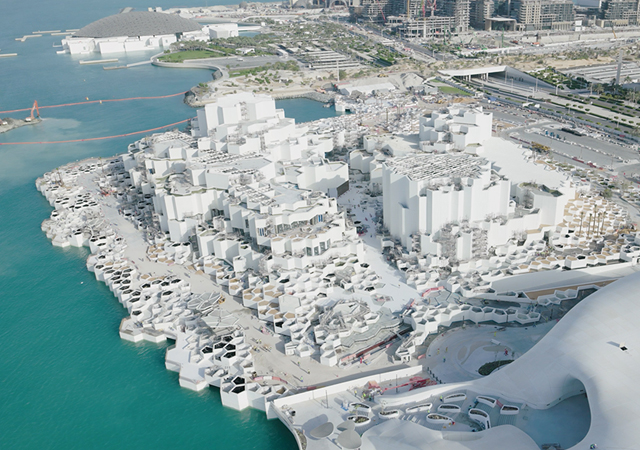
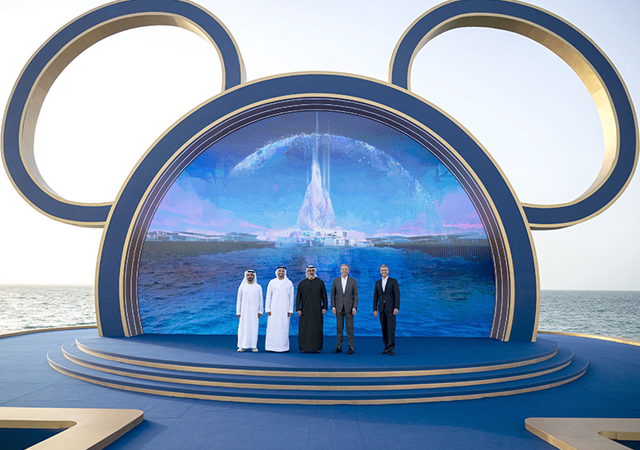
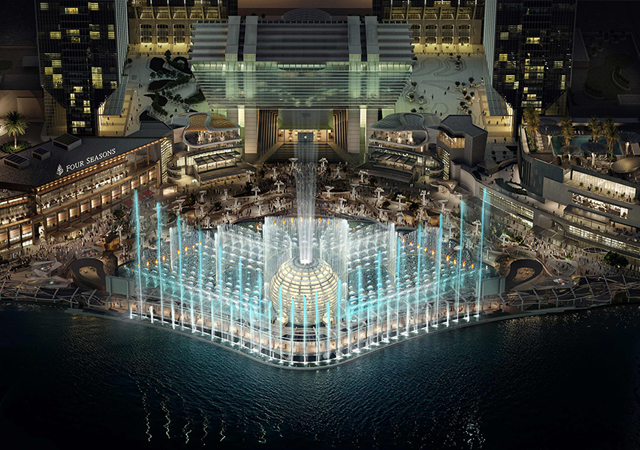
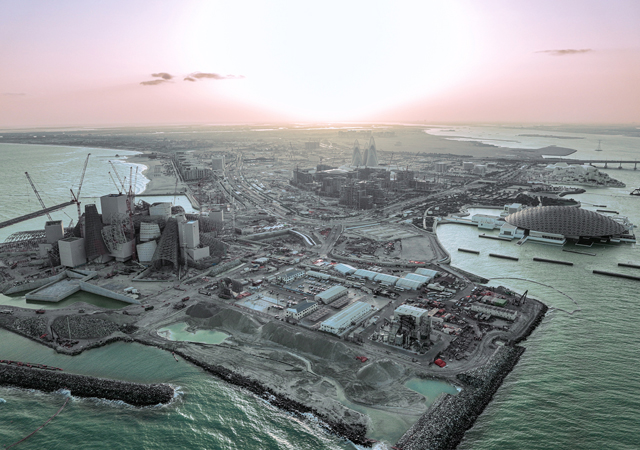
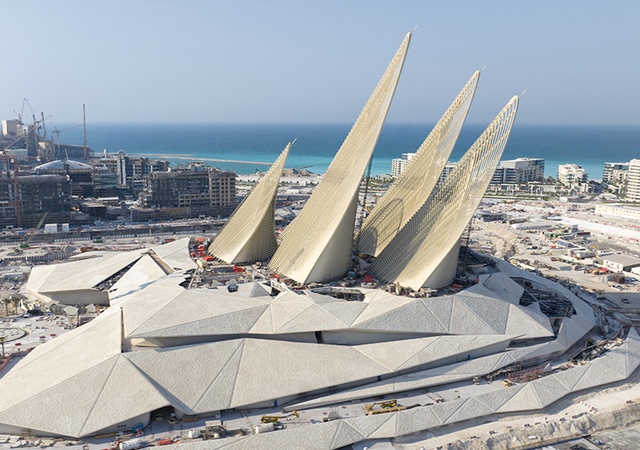
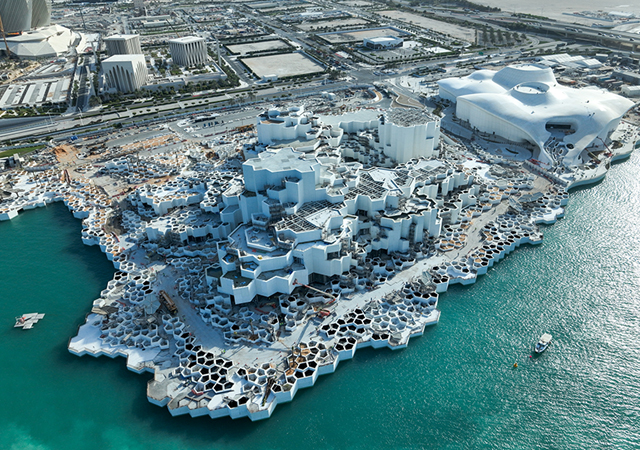
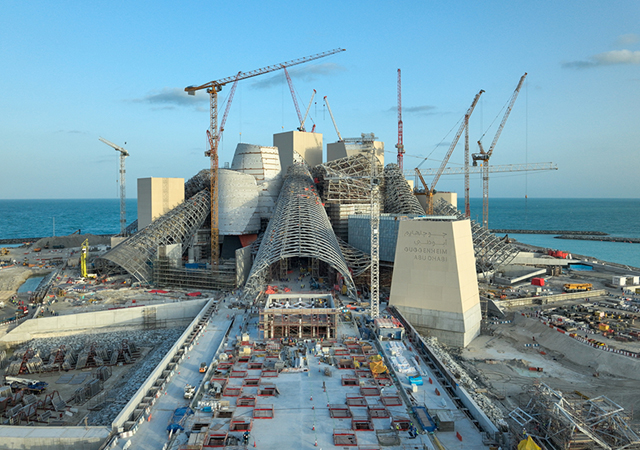
.jpg)
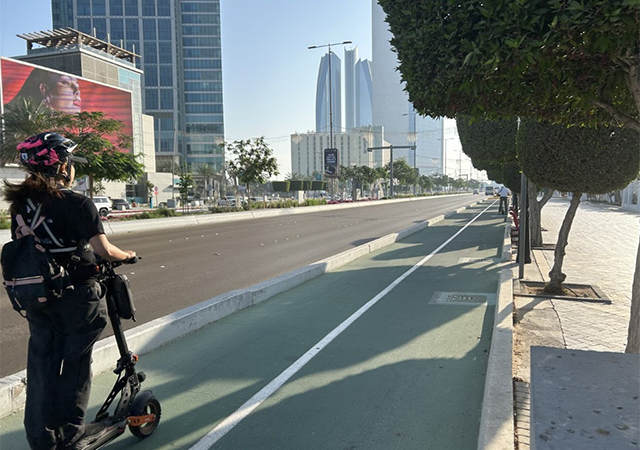
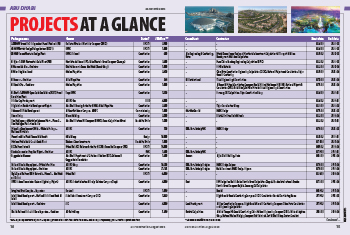

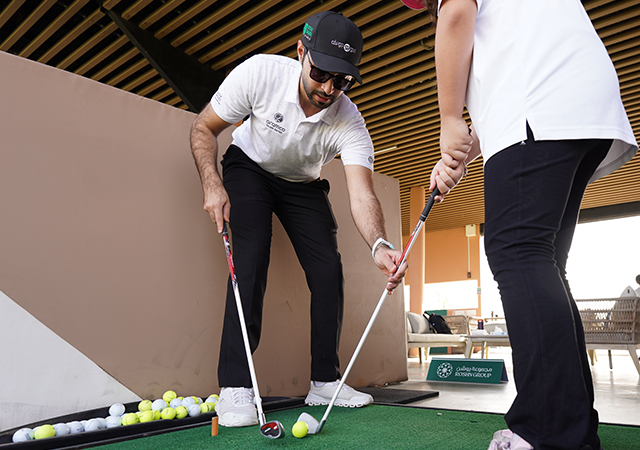
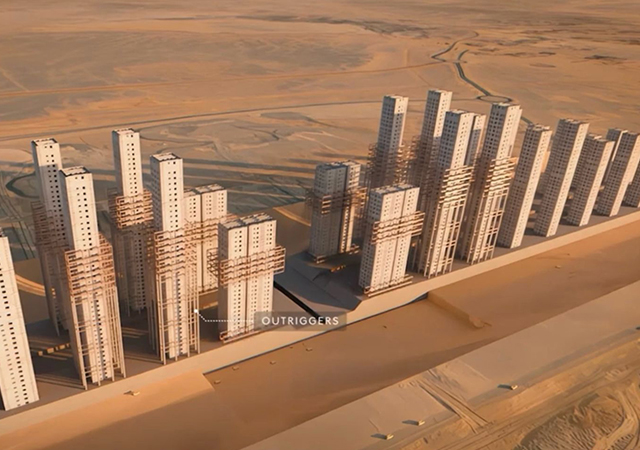
.jpg)
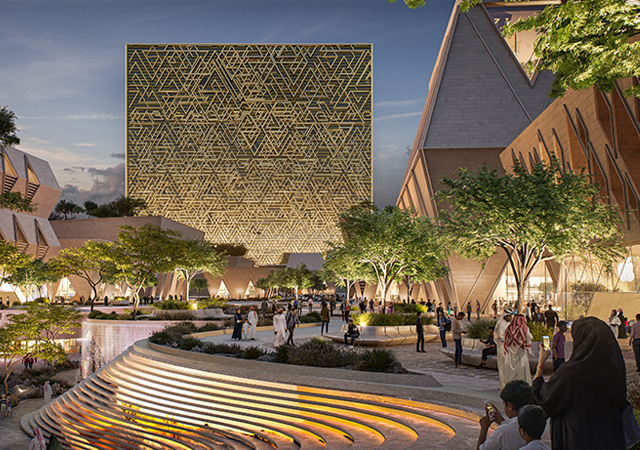
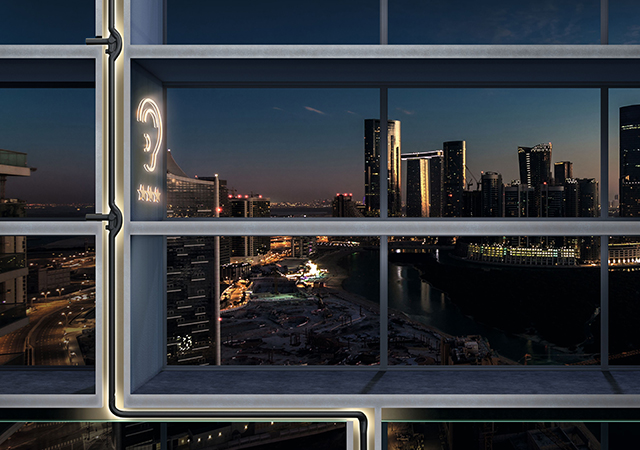
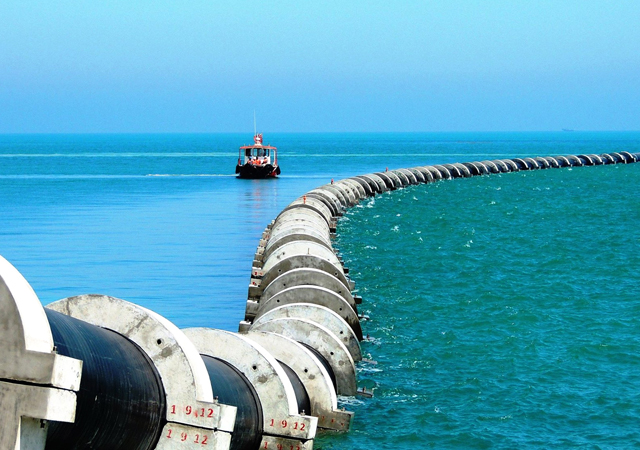
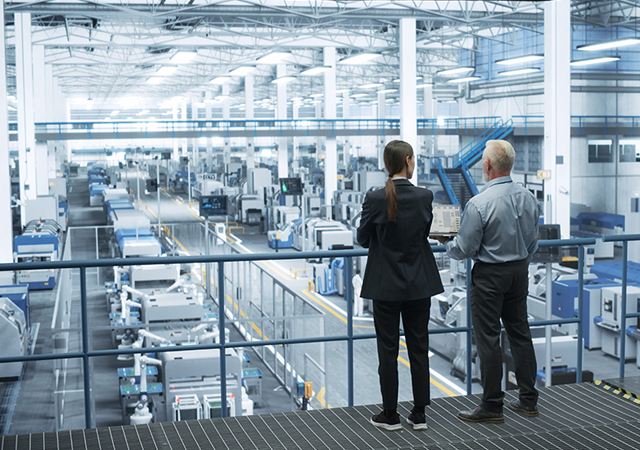

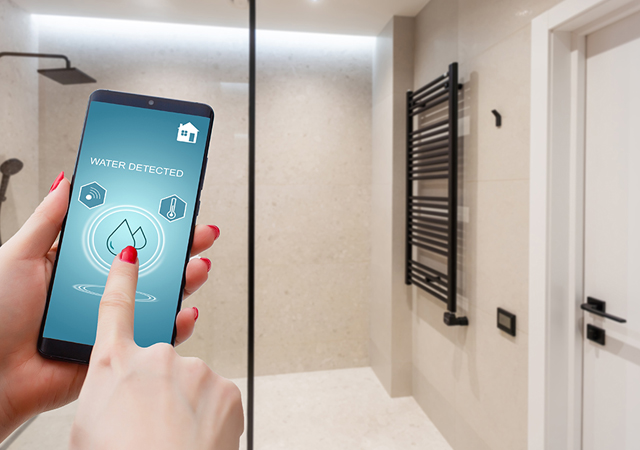
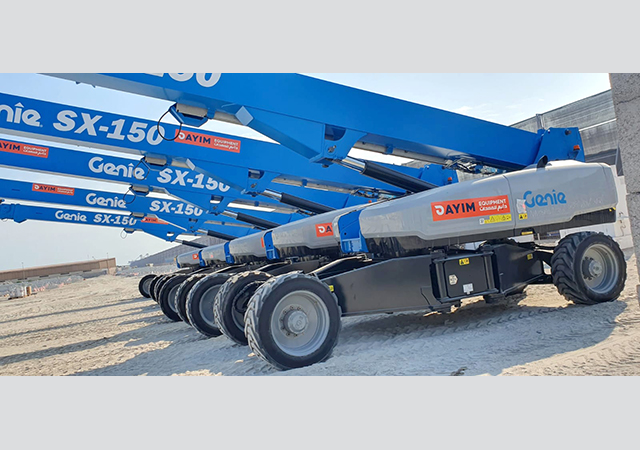
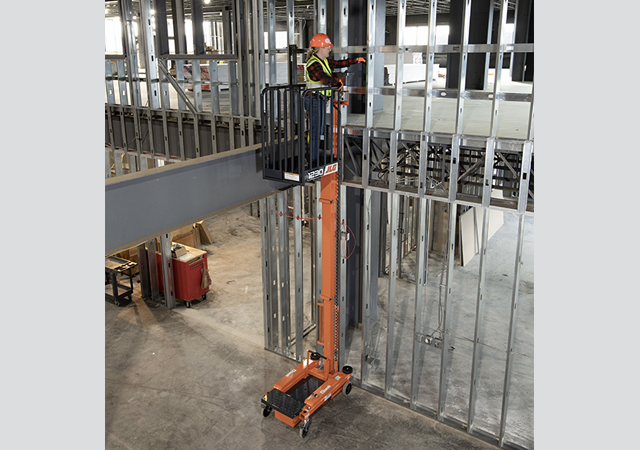
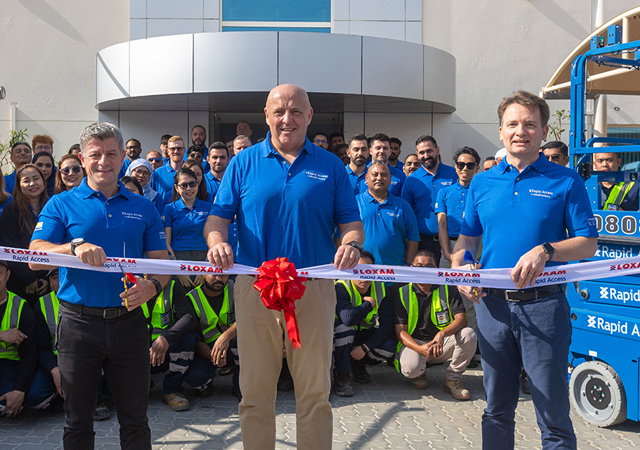
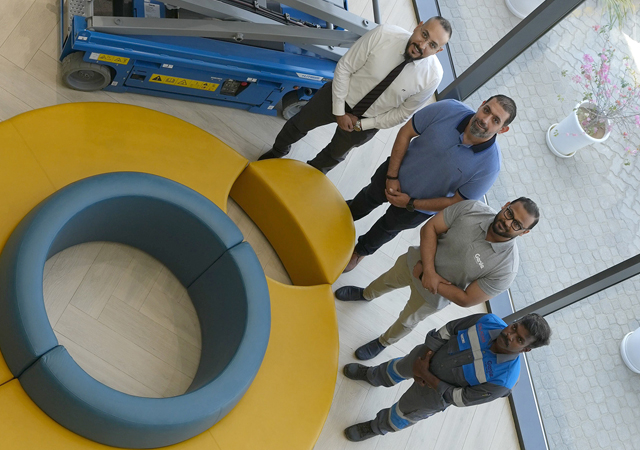
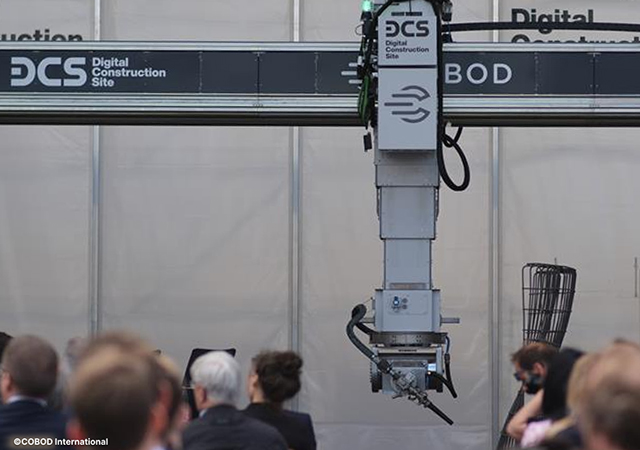
Doka (2).jpg)
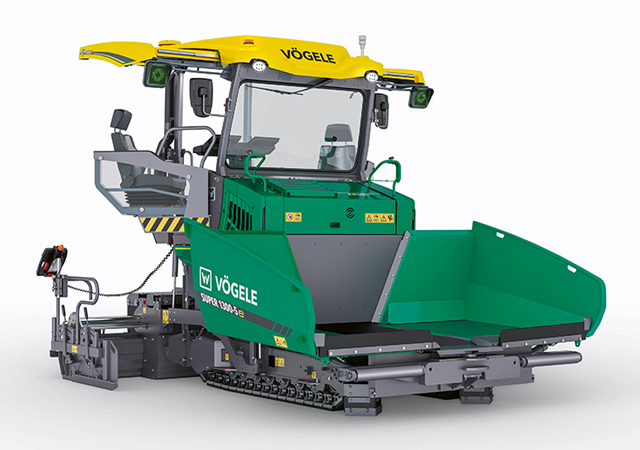
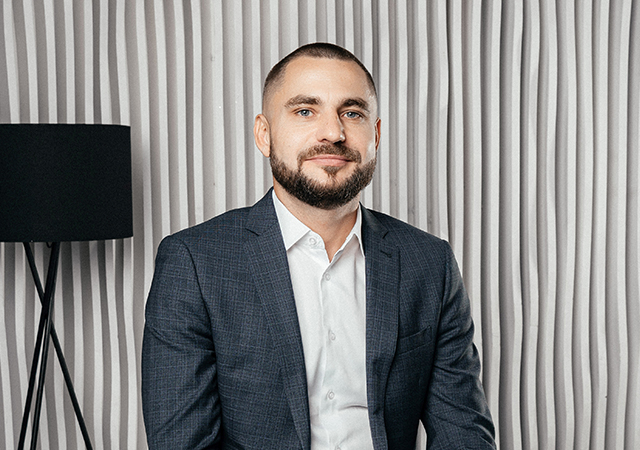

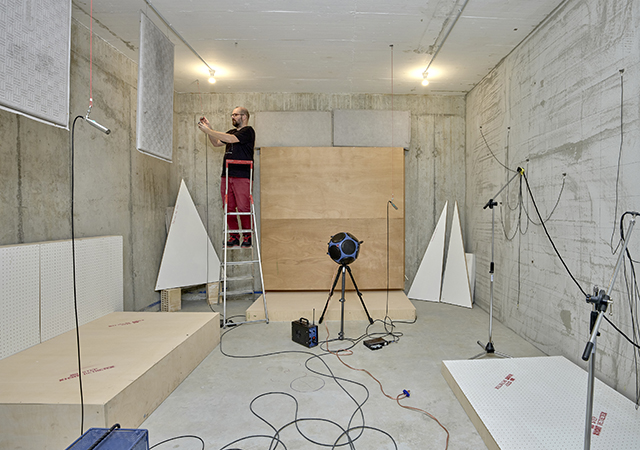
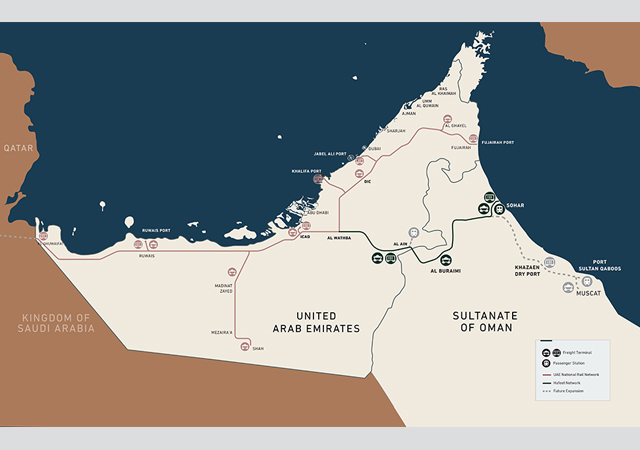
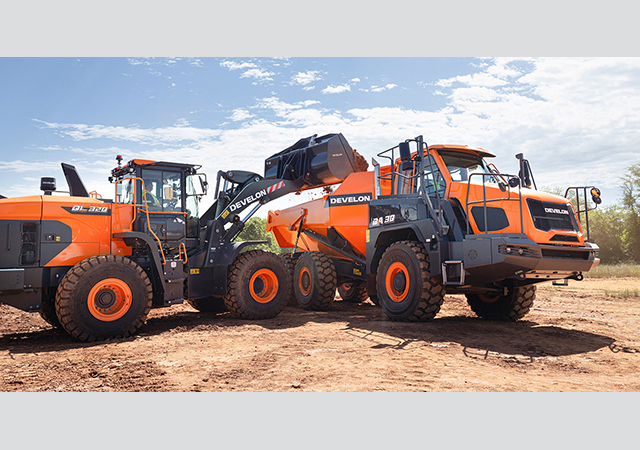
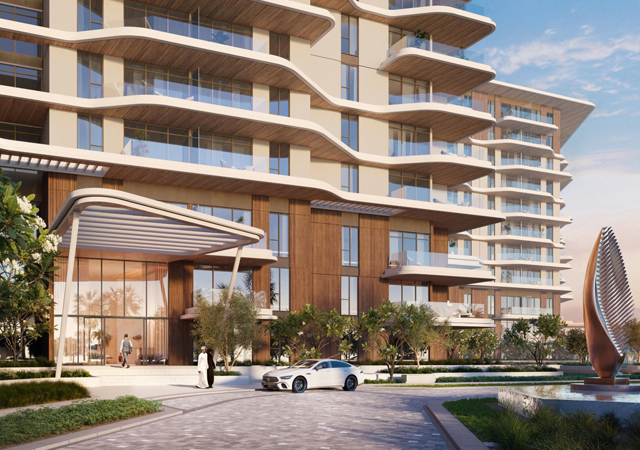

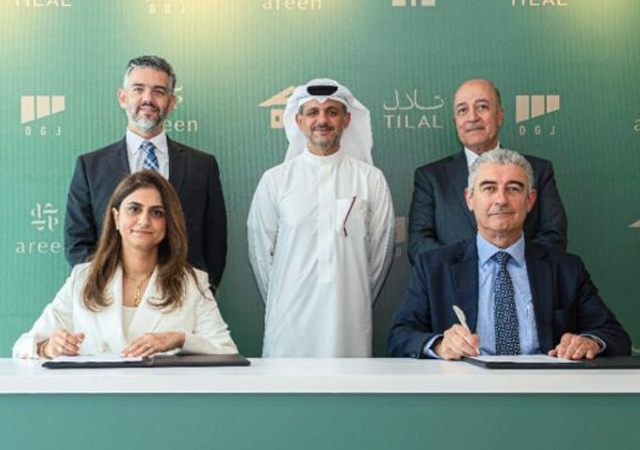
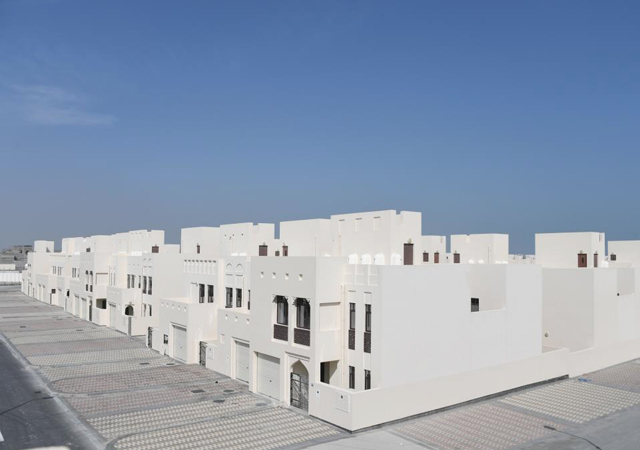
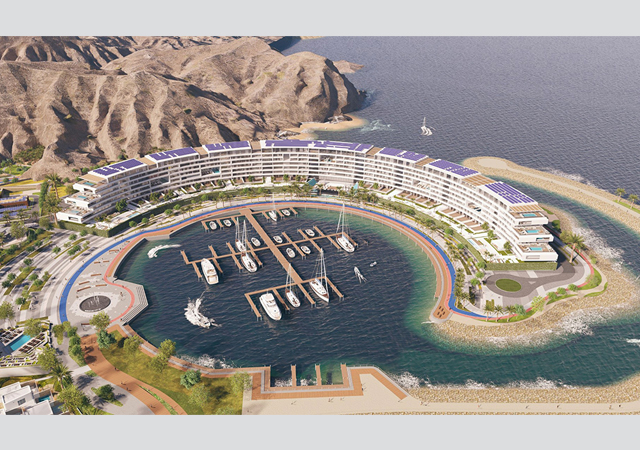
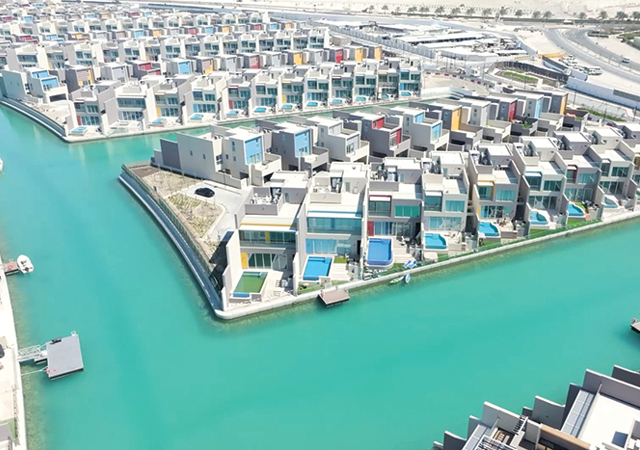
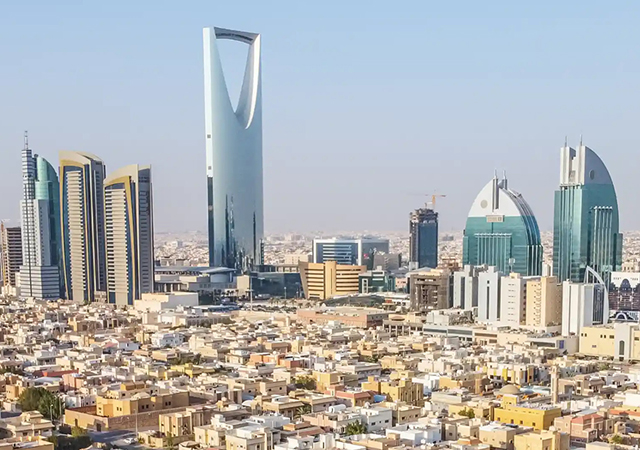
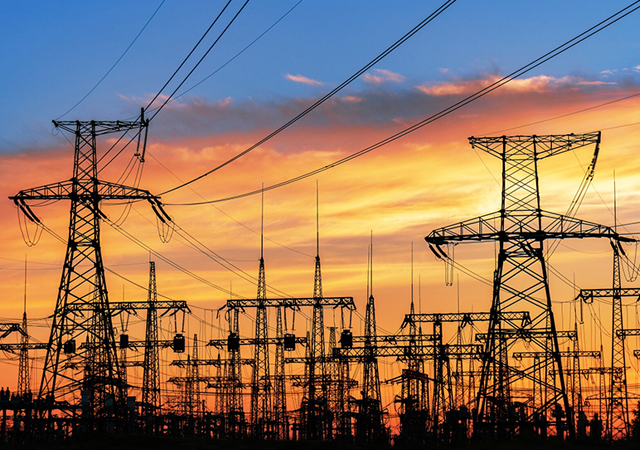
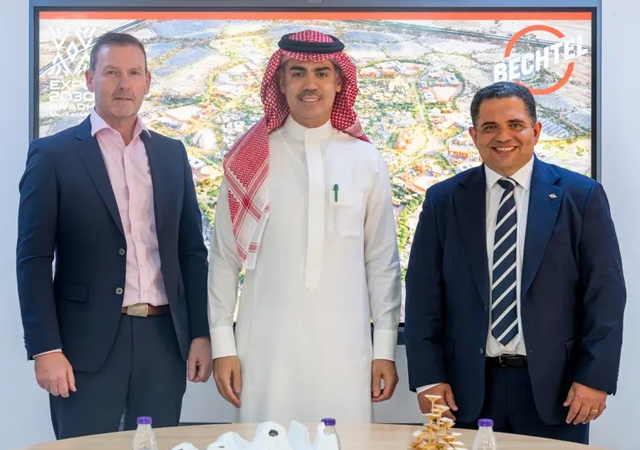
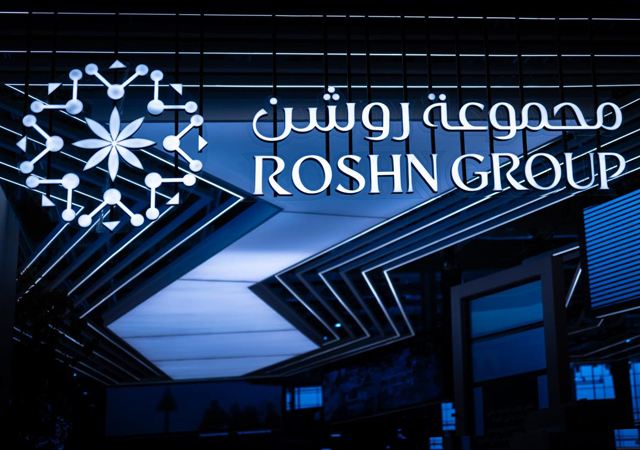
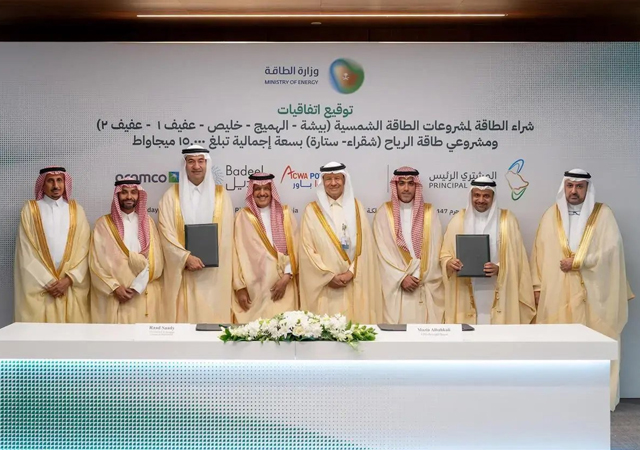
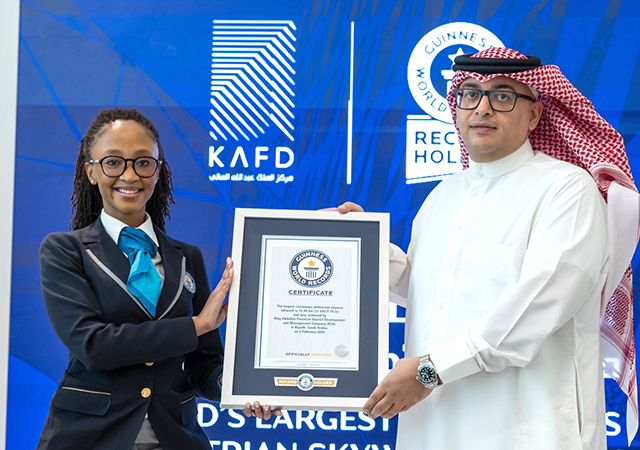
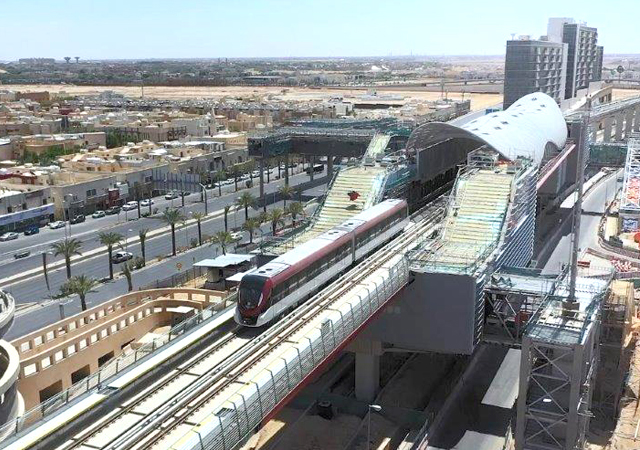
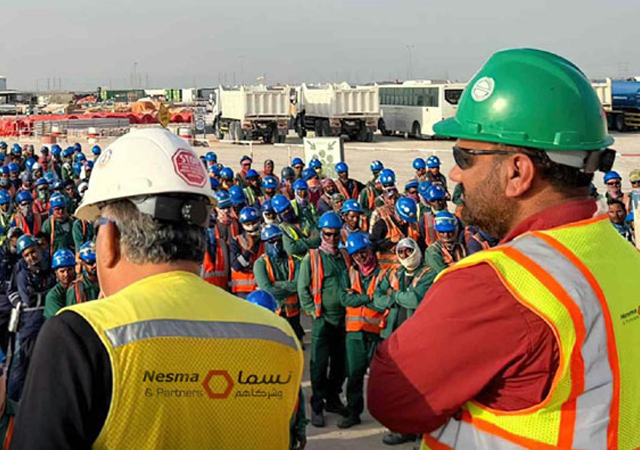
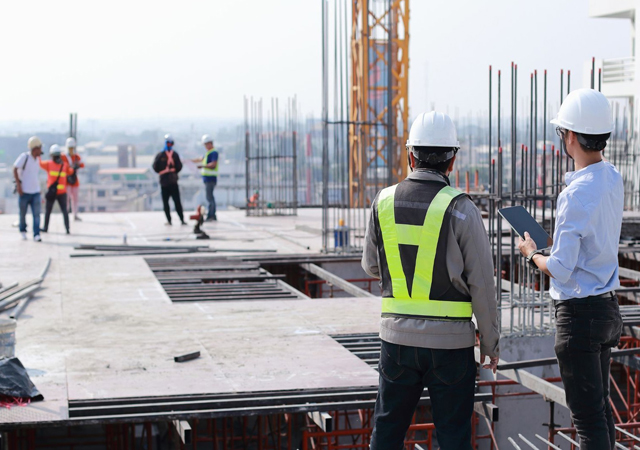
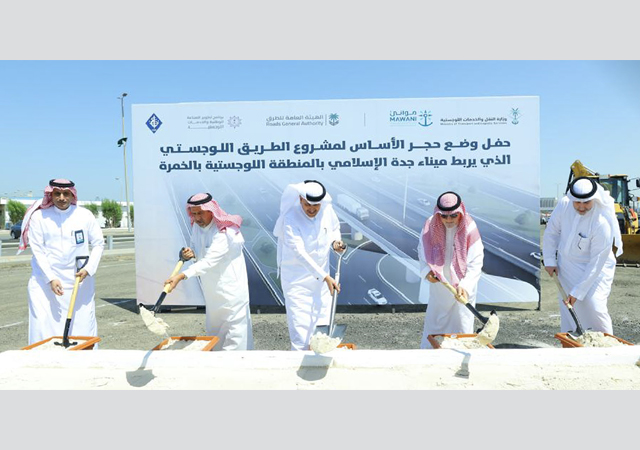
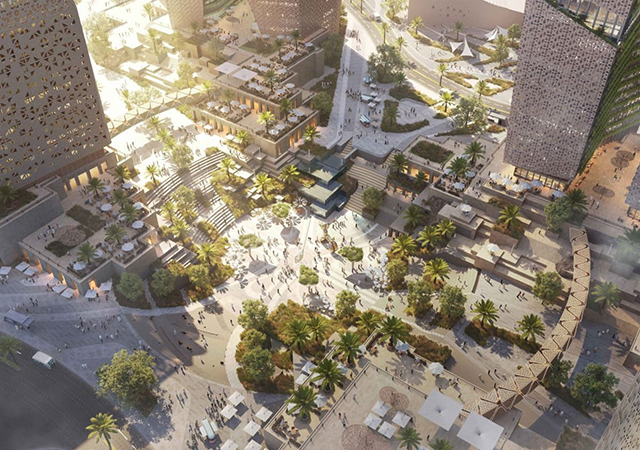
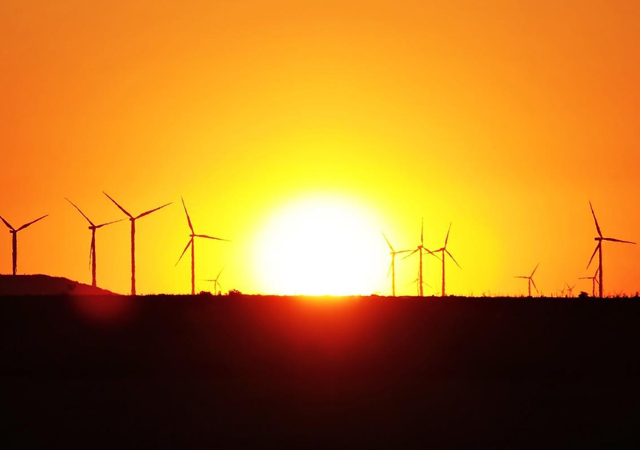
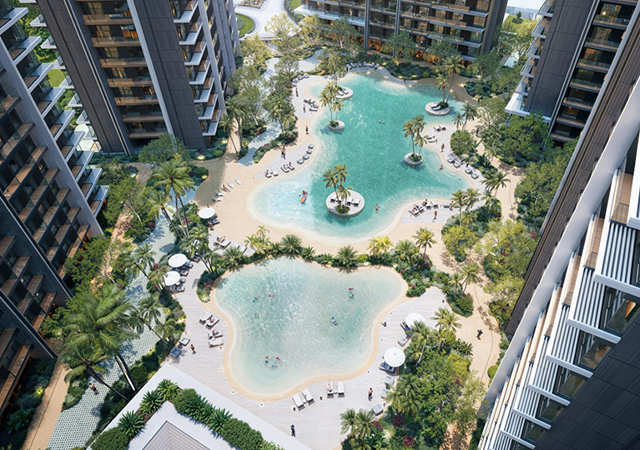
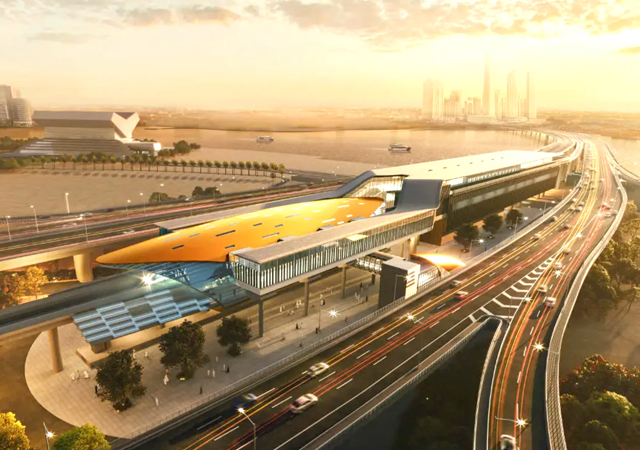
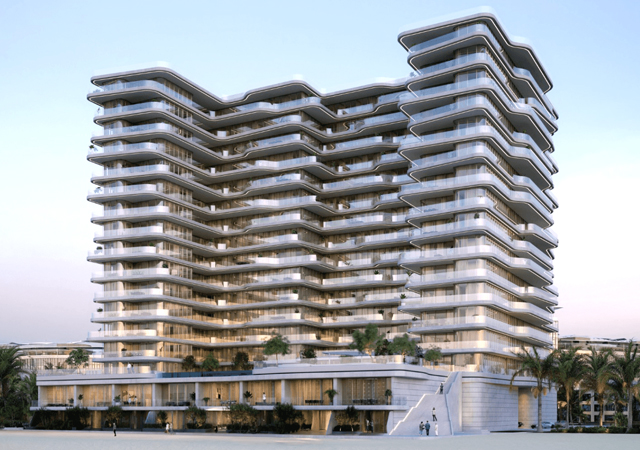
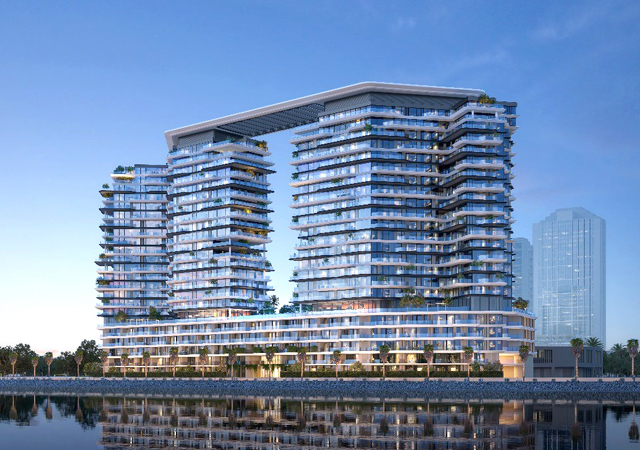
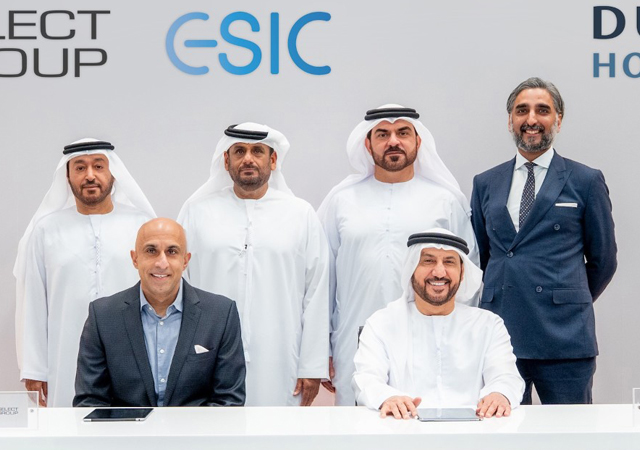
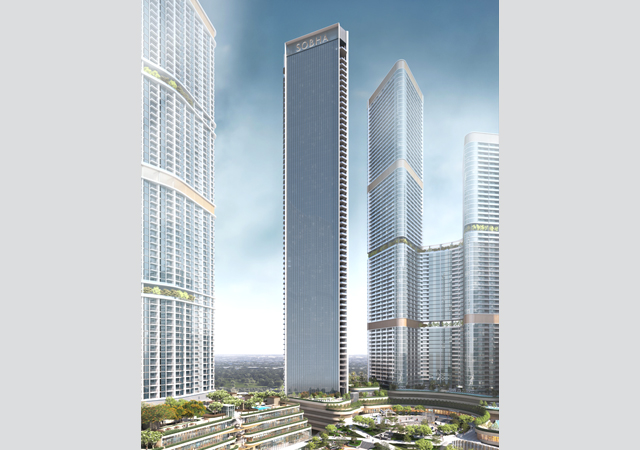
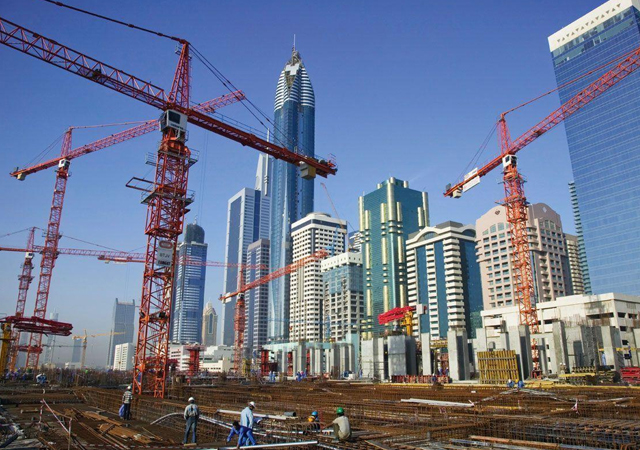
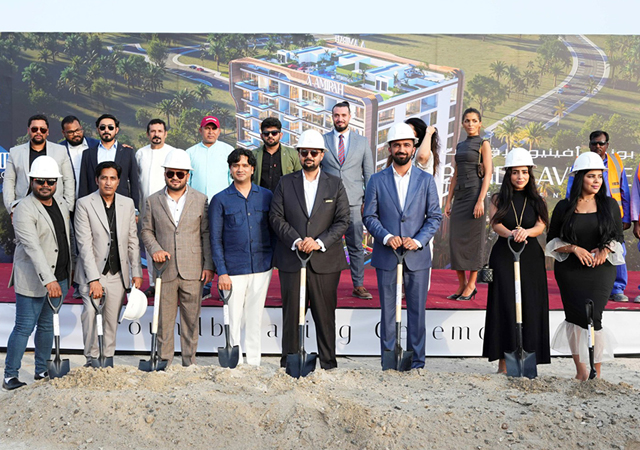
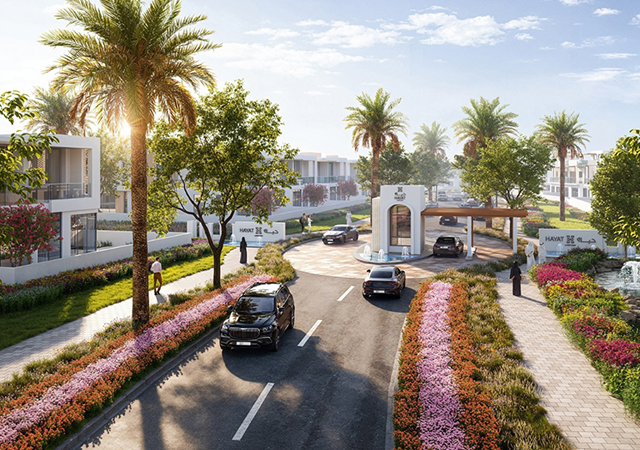
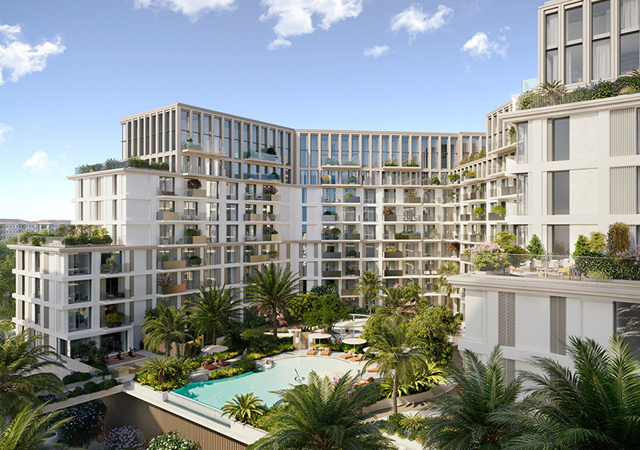
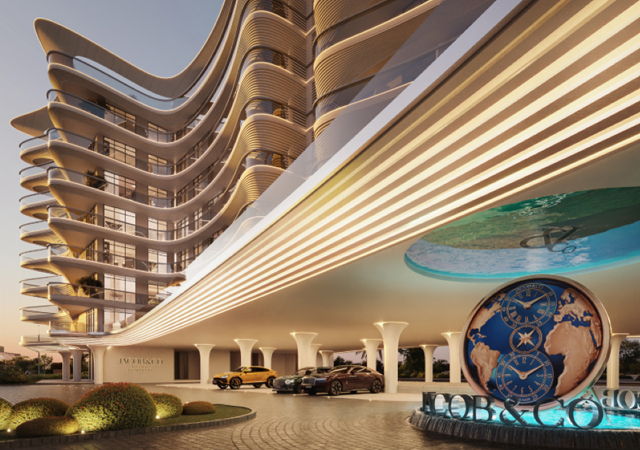
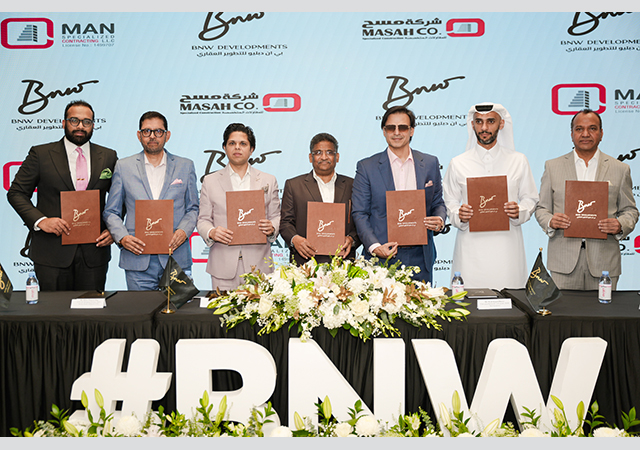
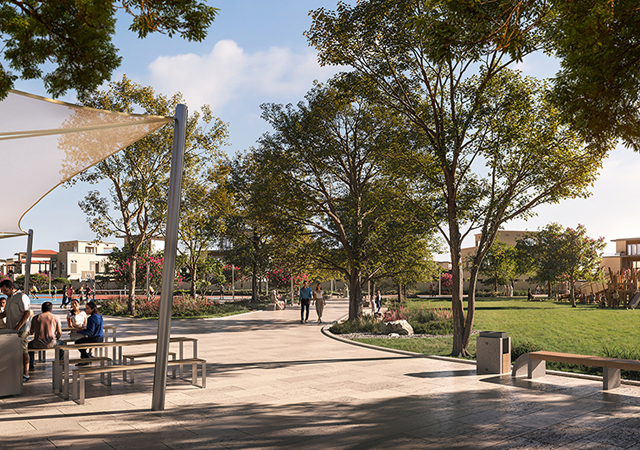
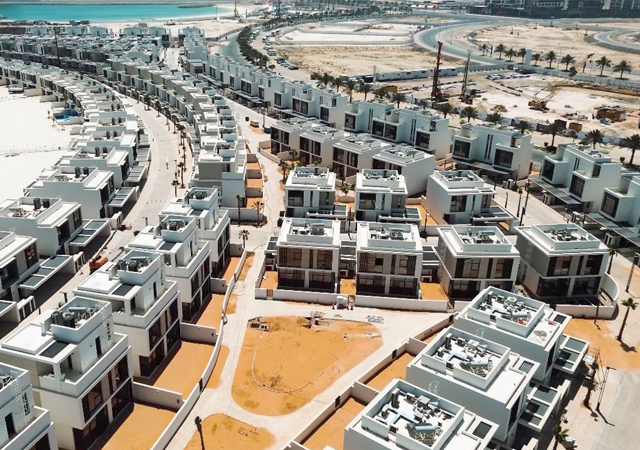
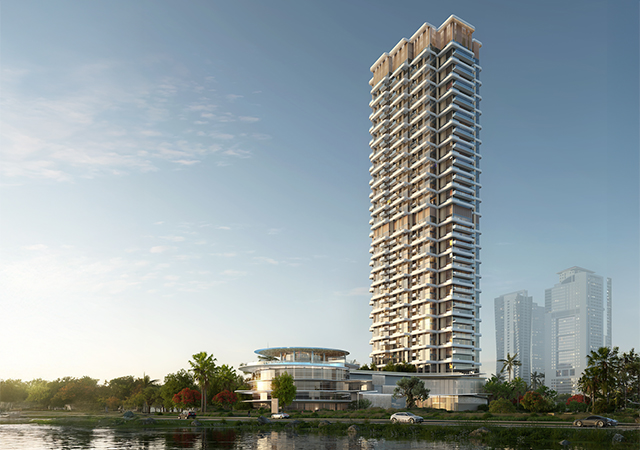
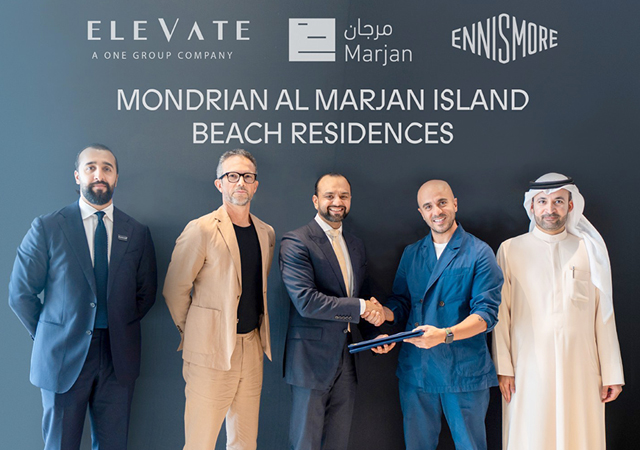
.jpg)
.jpg)
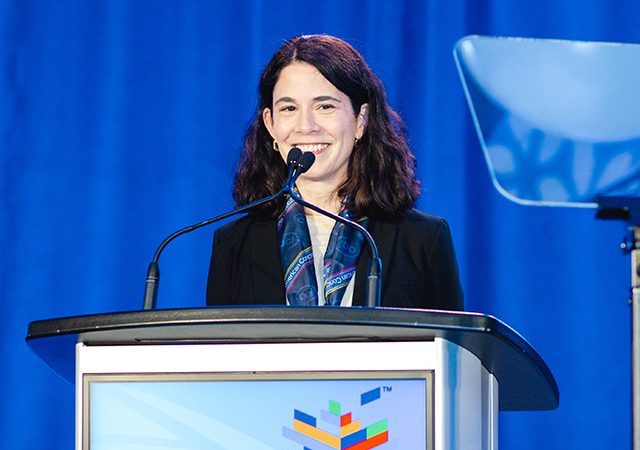
.jpg)
